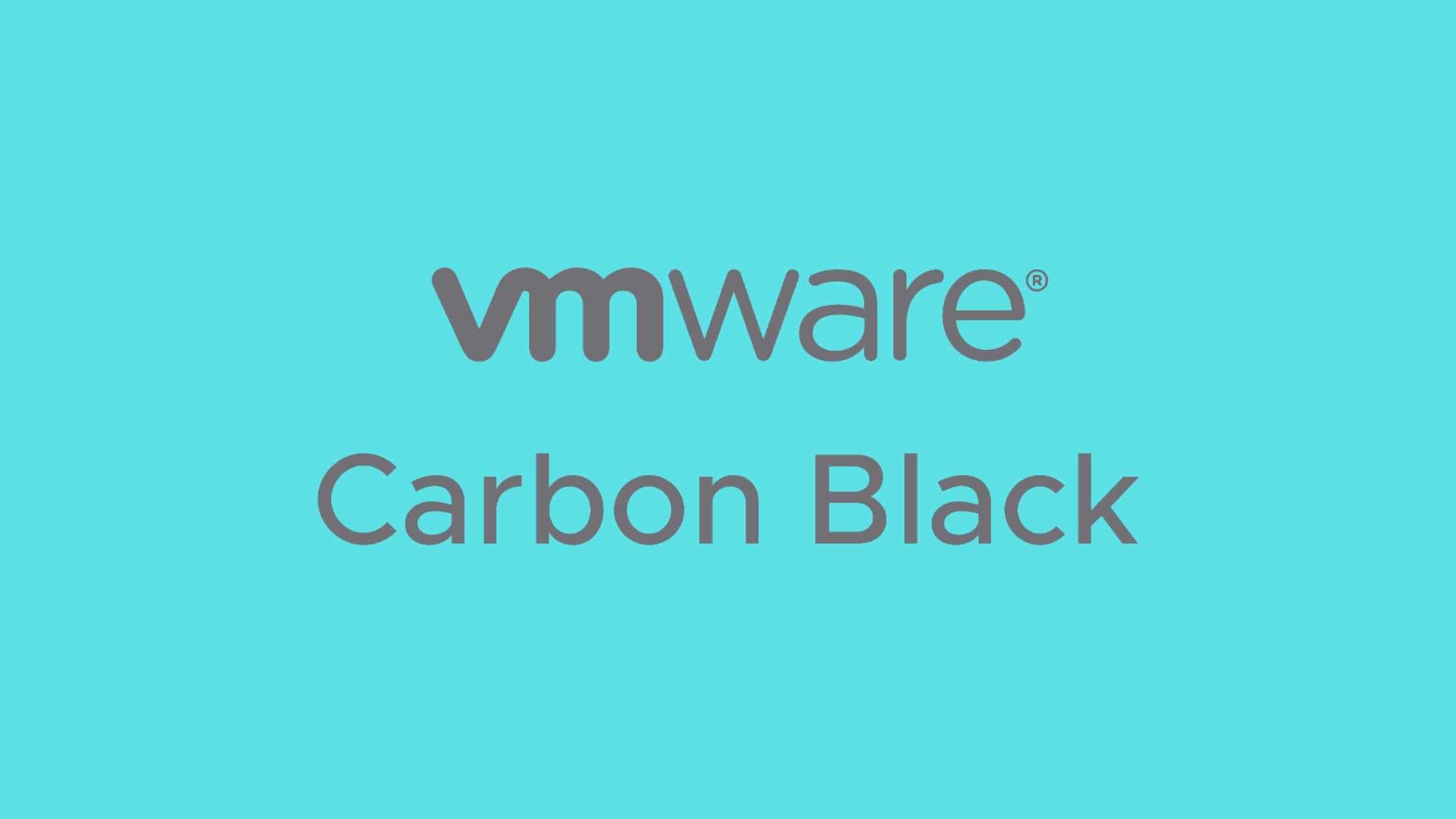Table of Contents
How to Fix CVE-2023-20858- An Injection Vulnerability in VMware Carbon Black App Control Server?
VMware issued an advisory against a critical vulnerability in the VMware Carbon Black App Control server. The vulnerability tracked as CVE-2023-20858 has a CVSS score of 9.1 on the scale and is considered critical. according to the security researcher Jari Jääskelä, who disclosed this flaw and also disclosed two more vulnerabilities in March 2022 (CVE-2022-22951 and CVE-2022-22952, CVSS scores: 9.1), an attacker with privilege access can leverage this vulnerability access the underlying server operating system on the vulnerable versions of VMware Carbon Black App Control Server. Those who own the Carbon Black App Control Server should need to consider this vulnerability on a serious note and take measures against it. This article will show you how to fix CVE-2023-20858, a critical Injection Vulnerability in VMware Carbon Black App Control Server.
VMware Carbon Black App Control
VMware Carbon Black App Control is an application that is designed to monitor and protect various applications, harden systems against unwanted change, simplify the compliance process, and provide protection for corporate systems by letting them run only trusted and approved software on an organization’s critical systems. Some of its main features include:
Harden systems against unwanted change
Stop malware, ransomware, zero-day and non-malware attacks
Prevent unauthorized change with file-integrity monitoring, device control, and memory protection
Maintain continuous compliance for key frameworks
Monitor critical activity to assess risk
Secure EOL systems with powerful application control policies
Summary Of CVE-2023-20858:
The flaw is an OS command injection vulnerability that allows an authenticated, privileged user to access the underlying server operating system due to improper input validation. The user should have access to the App Control administration interface over the network to perform remote code execution. The vulnerability is considered critical since it has a CVSS score of 9.1 out of 10 according to the Common Vulnerability Scoring System. Any user with privileges o the App Control administration console could exploit the vulnerability by sending specially crafted HTTP requests.
| Associated CVE ID | CVE-2023-20858 |
| Description | An OS command injection vulnerability in VMware Carbon Black App Control server due to improper input validation. |
| Associated ZDI ID | – |
| CVSS Score | 9.1 Critical |
| Vector | CVSS:3.1/AV:N/AC:L/PR:H/UI:N/S:C/C:H/I:H/A:H |
| Impact Score | – |
| Exploitability Score | – |
| Attack Vector (AV) | Network |
| Attack Complexity (AC) | Low |
| Privilege Required (PR) | High |
| User Interaction (UI) | None |
| Scope | Changed |
| Confidentiality (C) | High |
| Integrity (I) | High |
| availability (a) | High |
How to Fix CVE-2023-20858- An Injection Vulnerability in VMware Carbon Black App Control Server?
The advisory says the vulnerability affects VMware Carbon Black App Control Server versions 8.7.x, 8.8.x, and 8.9.x. If you are running a Carbon Black App Control server with any of these versions, we highly recommend upgrading to the patched versions, 8.7.8, 8.8.6, and 8.9.4.
Note:
These patches are only applicable to servers. Agents are not affected by these vulnerabilities.
No reboots are required upon applying the patch.
| Product | Vulnerable Version | OS Platform | Fixed Version | Release Notes | Build Number with Download Link | SHA256 Hash |
|---|---|---|---|---|---|---|
| 8.9.x | Windows | 8.9.4 | 8.9.4 Release Notes. | 8.9.4 Server Download Link | 225ffa912cd38b3ec75401df010f8086705a00eba046926f626b6111accb7d2a | |
| AppC | 8.8.x | Windows | 8.8.6 | 8.8.6 Release Notes | 8.8.6.2 Server Download Link | 40b3605bde4d17918c0382567d5dbf8a40479c1f1482201e959d25c88338c24c |
| AppC | 8.7.x | Windows | 8.7.8 | 8.7.8 Release Notes | 8.7.8.3 Server Download Link | 6c544eb1262bc343436e36b3481e7bae54a4cb0772b6f4c78dfe8f078b848499 |
How To Upgrade VMware Carbon Black App Control Serve?
Please refer to this VMware Carbon Black App Control
for more details.
We hope this post would help you know how to fix CVE-2023-20858, a critical Injection Vulnerability in VMware Carbon Black App Control Server. Please share this post and help to secure the digital world. Visit our social media page on Facebook, LinkedIn, Twitter, Telegram, Tumblr, Medium & Instagram, and subscribe to receive updates like this.
You may also like these articles:
How To Fix CVE-2022-22951(2)- Critical Vulnerabilities In VMware Carbon Black App Control Server
How to Fix CVE-2023-20864- A Critical Logs Deserialization Vulnerability in VMware Aria?
How To Fix CVE-2021-22048- IWA Privilege Escalation Vulnerability In VMware vCenter Server
What Is Command Injection Vulnerability? And How To Prevent It?
Arun KL
Arun KL is a cybersecurity professional with 15+ years of experience in IT infrastructure, cloud security, vulnerability management, Penetration Testing, security operations, and incident response. He is adept at designing and implementing robust security solutions to safeguard systems and data. Arun holds multiple industry certifications including CCNA, CCNA Security, RHCE, CEH, and AWS Security.
